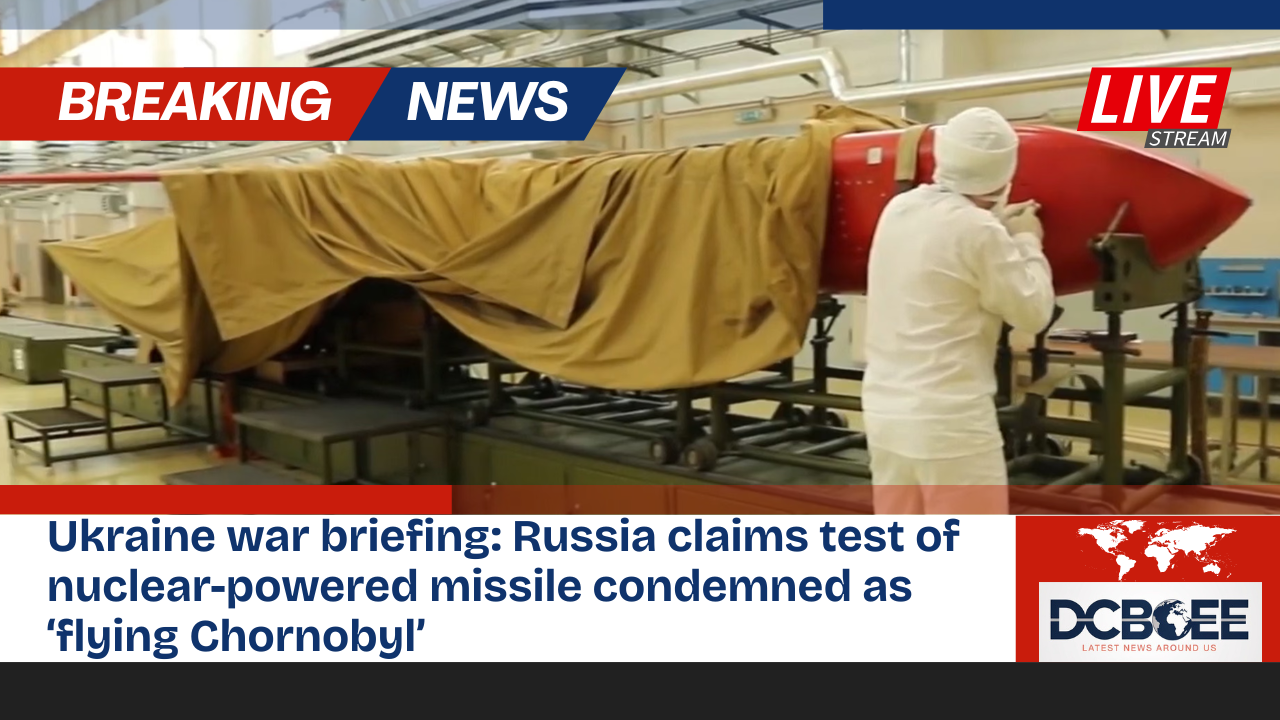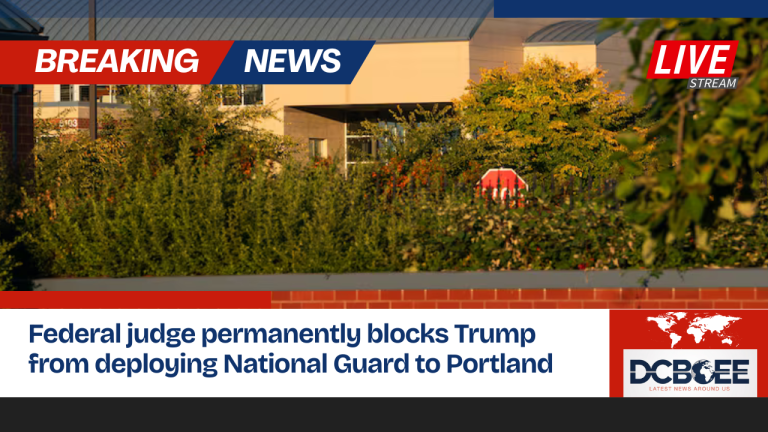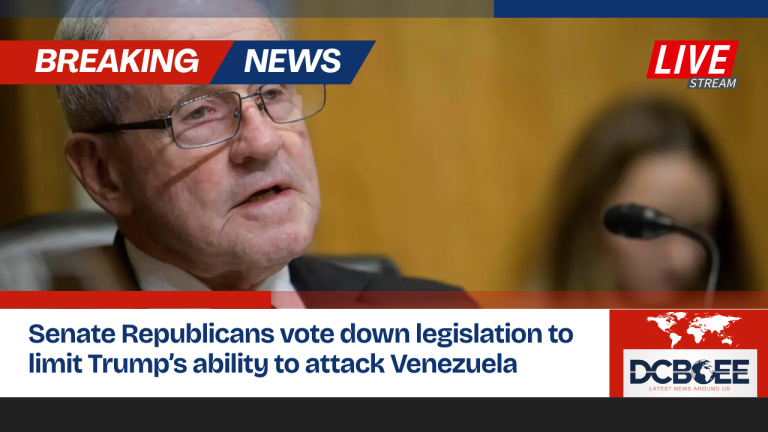
Ukraine war briefing: Russia claims test of nuclear-powered missile condemned as ‘flying Chornobyl’
Vladimir Putin revealed that Russia had successfully tested the Burevestnik cruise missile, which is supposed to have a nuclear engine and be able to carry a nuclear payload. Experts in arms control have termed it a “flying Chornobyl” since it contains a nuclear reactor that powers it and, depending on the design, it might release radioactive exhaust as it flies.
Valery Gerasimov, Russia’s top general, told Putin over the weekend that the missile flew 14,000 kilometers (8,700 miles) and remained in the air for almost 15 hours when it was tested on October 21. Nato has given the Burevestnik the name SSC-X-9 Skyfall. Russia has often said that the war in Ukraine might turn nuclear, for example if allies join Ukraine on the battlefield or give it long-range attack weapons like they have done.
Five Russian scientists who were thought to be working on the Burevestnik or something like it died in a severe nuclear accident in August 2019. Radiation was emitted into the areas around the occurrence. That November, Putin gave medals to the relatives of the victims after they died. He said they had been working on a weapon that was “unparalleled.”
Russian officials claimed early on Monday that Ukrainian drones had to close down both Domodedovo airport in Moscow and the smaller Zhukovsky airport. Sergei Sobyanin, the mayor of Moscow, reported that Russian defense units shot down 28 drones between Sunday night and Monday morning. There was no word on any damage. Russia doesn’t often say how much damage Ukrainian strikes do to its own territory, unless they hit civilian targets. Ukraine did not say anything right away. Kyiv says that their attacks are meant to destroy important infrastructure for Moscow’s war effort.
Jill Ambrose says that US sanctions on Russia’s energy industry had an immediate effect. In just a few hours, the price of oil around the world went up by 6%, and there were allegations that Russia had stopped sending oil to India’s major refineries, which are also Moscow’s biggest crude customers, and to China’s biggest state-owned oil businesses. Luke Wickenden, an analyst at the Centre for Research on Energy and Clean Air (Crea), stated, “If Moscow lost access to these markets, it could lose about $7.4 billion in monthly revenue, which would mean about $3.6 billion in tax receipts going straight to the Kremlin’s war chest.” If India stopped buying Russian crude oil, the Kremlin could lose about $1.6 billion in tax revenue per month.
Putin’s senior economic advisor has tried to blame others for the US-Russia relationship getting worse, the US putting sanctions on Russia, and Donald Trump canceling a planned meeting in Budapest with the Russian leader. Kirill Dmitriev said that there had been “titanic attempts” to stop US-Russia talks when he came in the US to meet with Trump administration officials. At first, Trump stated nice things about his most recent talk with Putin and indicated they will meet in Budapest. But a few days later, when Putin didn’t seem to be willing to make any concessions to halt the war, Trump said the meeting would be a “waste of time” and that he felt personally let down by the Russian president.
A truly amazing self-own
In 1936, John Scott, the son of the late Guardian owner and famous editor CP Scott, did something that had never been done before by a media heir: he gave up his interest for the greater good.
Scott gave up all financial benefits from the Guardian (which was worth £1 million at the time and is now worth about £62 million) save for his salary. He then gave ownership to the newly founded Scott Trust. The Trust would change over time to have one main goal: to make sure the Guardian’s finances and editorial freedom would last forever.
That means you can’t buy the Guardian. Definitely not by a billionaire who wants to use the company as a political platform, and not by a private equity firm or a conglomerate.
Because we are independent, we can say what we want, report on who we want, confront who we want, and stand up while others are sitting down.
See Also: US and China agree framework of trade deal ahead of Trump-Xi meeting






![My biggest AirPods Pro 3 problem has improved, how about you? [Poll]](https://dcboee.us/wp-content/uploads/2025/11/President-Faces-Impeachment-Nation-Braces-for-Political-Turmoil-67-768x432.png)
